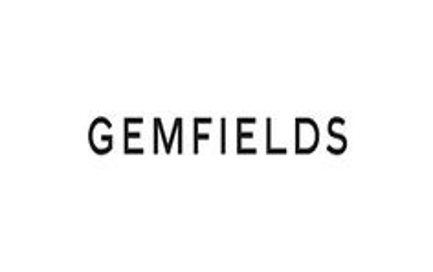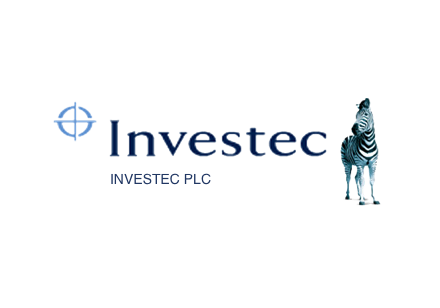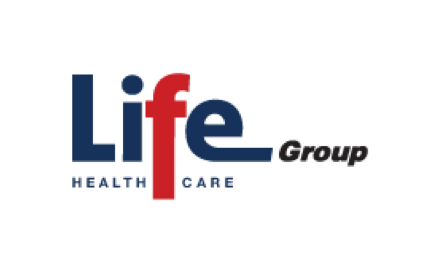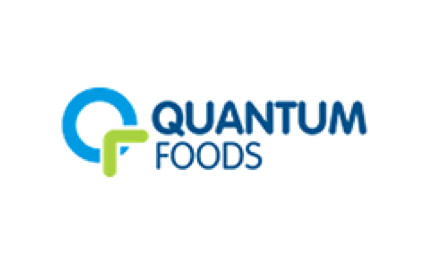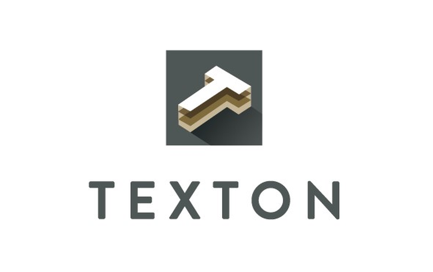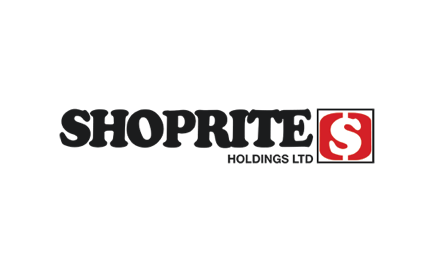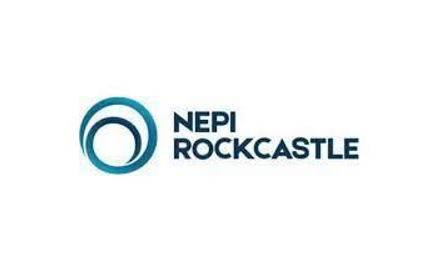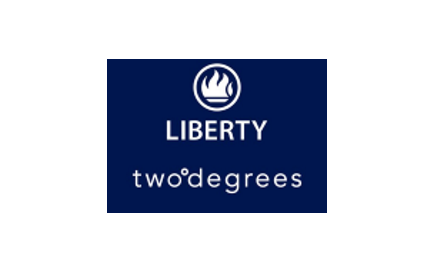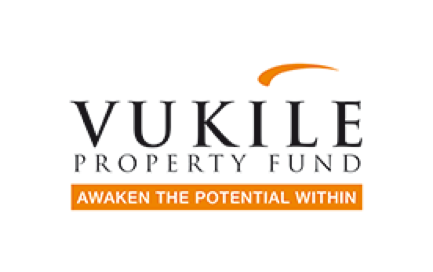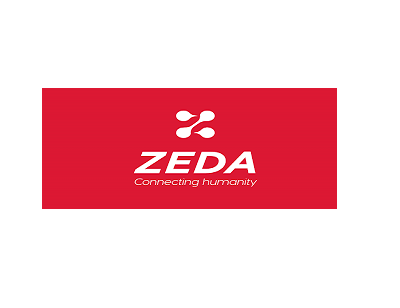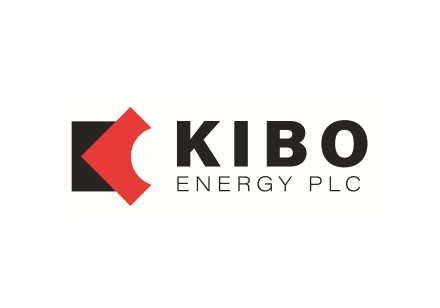Listen to the latest episode of Ghost Wrap here, brought to you by Mazars:
No interim dividend for Gemfields investors (JSE: GML)
The board keeps reminding investors that 2022 was a standout year
It’s rather interesting to note the words “lab-grown” in the opening paragraph of the Gemfields earnings announcement. Lab-grown diamonds have been a source of much debate out there. Lab-grown gemstones exist as well, yet nobody is really talking about it. There’s an acceptance that the market for gemstones enjoys very different pricing between natural and lab-grown gemstones.
I still believe that the key difference here is societal pressure to buy diamonds as an engagement present, driving demand for a more affordable solution. The same isn’t true for gemstones, which have always been a genuine “luxury” purchase that isn’t linked to a generally accepted milestone in our lives.
This doesn’t mean that the gemstone market doesn’t have its own challenges. Mining is always tricky, with recent announcements covering the disappointing production quality of emeralds at the Kagem mine and the decision to withdraw from the high-quality auction this year.
Looking at rubies, the company has started production on the second processing plant at Montepuez in Mozambique. This is the single largest ever investment by the group. This is expected to become operational in the first half of 2025 and the company calls it a “gamechanger” for processing the stockpile of rubies.
The year-on-year numbers tell a story of 2022 as a standout period, which is why there was an interim dividend last year that has not been repeated this year. Revenue has dropped by 20.5% and EBITDA has fallen by 30.5%. By the time you reach the bottom of the income statement and adjust for minority interests, profit attributed to the owners of Gemfields fell tremendously by 77%!
Even if you use adjusted HEPS (which excludes the impact of the negative fair value move on the Sedibelo PGM asset), there’s a drop of 54%. Whichever way you cut it, there’s a big drop off here that is a strong reminder that mining companies on a low Price/Earnings multiple can get very ugly. That multiple unwinds quickly as profits fall.
I must however point out that even though 2022 was a stellar year, this performance of HEPS of 0.8 US cents is even well below 2021’s number of 2.0 cents.
The share price is being helped out by rand weakness, as it is currently trading well ahead of 2021 levels:

Investec’s UK business is driving growth (JSE: INP | JSE: INL)
This has been a period of significant corporate activity as well
Investec has released a pre-close update dealing with the six months to September. There’s a significant difference between reported and constant currency numbers, with the bank pointing out 19% depreciation in the rand.
There were also quite a few corporate actions. The merger of Investec Wealth & Investment UK with Rathbones Group was completed recently. The property management company related to Investec Property Fund (now Burstone Group) was sold to that fund at a lucrative price in my opinion. The group has invested R6.7 billion in share buybacks. There are also distortions in the base period, like the distribution of the Ninety One stake.
This means that “adjusted profit” will be all over these results. Thankfully the difference isn’t too big though, unlike at a place like Discovery where the adjustments are huge. At Investec, HEPS is up by between 6% and 12% and adjusted earnings per share is up by between 8% and 14%.
Looking at the operations, the UK business should report adjusted operating profit that is at least 25% higher. The South African business is up by at least 5%, as the local business isn’t growing anywhere near quickly enough to offset the impact of rand depreciation.
Notably, the cost-to-income ratio has dropped below 60% as revenue grew ahead of costs.
The group credit loss ratio is expected to be at the upper end of the through-the-cycle range of 25bps to 35bps. Surprisingly, South Africa is at the lower end of the range of 20bps to 30bps and the UK is at the upper end of the range of 30bps to 40bps. When you dig deeper, this is because of better than expected recoveries in the local business and the interest rate and inflationary pressures in the UK.
Interim results are scheduled for release on 16 November.
Life Healthcare renews its cautionary (JSE: LHC)
Several months later, negotiations for Alliance Medical Group are still underway
Life Healthcare first made an announcement about a potential disposal of Alliance Medical Group back in February 2023. The company wasn’t looking to sell the business, but received interest from the market regardless.
Although it usually takes a while to negotiate a transaction, this one is starting to feel cold. We are now in September and the cautionary has been renewed once again, noting that there has been “significant progress” but there is still no certainly of a transaction on the table.
Bird flu is ripping through the poultry industry (JSE: QFH)
Quantum Foods has slipped into a loss-making position
Bird flu has bucked the semigration trend by moving from the Western Cape to Gauteng. Clearly, nobody warned it about the potholes.
Jokes aside, this is an incredibly serious problem. Quantum Foods’ Lemoenkloof layer farm in the Western Cape was smashed by the virus in April 2023 and now the farms in Gauteng and the North-West province have been affected. The value of the birds affected by the outbreaks is estimated to be R106 million, which is a huge number when you consider the market cap of Quantum Foods at R930 million.
This has triggered the release of a trading statement that reflects headline earnings slipping into a loss for the year ended September 2023. The company hasn’t guided how large the loss will be. The silver lining here is that the farms in the Western Cape and Eastern Cape haven’t been affected by the outbreak.
Of course, this comes after the recent update by Astral Foods (JSE: ARL) that showed how terrible things are in the poultry industry. Load shedding and consumer spending are already disasters. Bird flu is just the nail in the coffin.
Office-heavy Texton improves occupancy rates (JSE: TEX)
Offshore capital allocation is also helping to grow the distribution per share
Spare a thought for Texton. The property fund has 89.3% of its SA portfolio in office properties. Trying to manage that beast in a post-pandemic world is a less appealing role than coaching the Wallabies. Still, with what the company calls an SME-focused strategy, the vacancy rate has dropped from 22.3% to 18.5% in the year ended June 2023. Rental rates are still under huge pressure though, with negative reversion of 14.3% in the office portfolio vs. -2.1% in retail and -8.2% in industrial.
In the UK portfolio, the primarily industrial portfolio features triple net leases and a weighted average lease expiry of over seven years, so this is a predictable income stream (in theory). The decrease in property valuations in the UK in response to pressure from rising rates was largely offset by depreciation of the rand.
The recent focus at Texton has been to invest in offshore funds. I don’t particularly like this fund-of-funds approach as it does little to remove structural discounts to NAV. Nonetheless, Texton has five investments in the US (combined market value R572 million) and one in the UK with a current value of R26.6 million. Rand depreciation obviously helps here.
The group sold five properties this financial year for R447.3 million. Debt was reduced by R420.8 million, of which the company describes R240 million as being a “permanent reduction” in debt. The effective interest rate on the South African debt has increased from 7.44% to 10.77%. In the UK, it jumped from 2.71% to 6.61%. This is why property funds have been under pressure.
The NAV per share has grown by 5.5% year-on-year to R6.1937 cents. The share price is just R2.50, so that’s a substantial discount to NAV of roughly 60%. Texton grew its dividend per share by 13.3% to 19.26 cents, which puts it on a traded yield of 7.7%.
The weak rand has been very helpful for Texton in this period.
Little Bites:
- Director dealings:
- Christo Wiese is taking a positive view on the Shoprite (JSE: SHP) share price, selling put options worth R226.4 million at a strike price of R226.45 and buying call options with a strike price of R236.18 for R236.2 million. The current share price is R241. He has basically used the put options (on which he only loses out if the price drops below R226.45) to almost fully fund the purchase of call options that are already in the money. The options expire in December.
- An associate of a director of NEPI Rockcastle (JSE: NRP) has bought shares worth R1.5 million.
- Des de Beer has bought shares in Lighthouse Properties (JSE: LTE) worth R878k.
- Finbond (JSE: FGL) has reminded the market of the plan to repurchase a massive 38.55% of shares in issue at a price of 29.11 cents per share. The current traded price is 38 cents per share. The circular for this repurchase will be posted to shareholders after the release of interim results (end of October) and prerequisite important milestones like a firm intention announcement.
- Shareholders in Liberty Two Degrees (JSE: L2D) voted almost unanimously in favour of the scheme of arrangement and take-private of the company. It received 99.96% support at the general meeting.
- Vukile Property Fund (JSE: VKE) has announced the appointment of a couple of financial heavy-hitters to the board. Jon Zehner joins the board with extensive global investment experience in real estate and James Formby is the former CEO of Rand Merchant Bank. These aren’t the kind of board appointments that you make to improve your lease terms or your occupancy levels. This is deep balance sheet experience.
- This wasn’t the only banking-into-commerce announcement of the day. Marna Roets has joined the board of Zeda (JSE: ZZD) after extensive experience in banking, including senior roles in Standard Bank and Barclays Africa.
- There’s another delay in the joint venture transaction for Mast Energy Developments, the subsidiary of Kibo Energy (JSE: KBO). The revised completion date is expected around mid-October 2023. The delays seem to be due to statutory processes, so theoretically all should still be fine.



